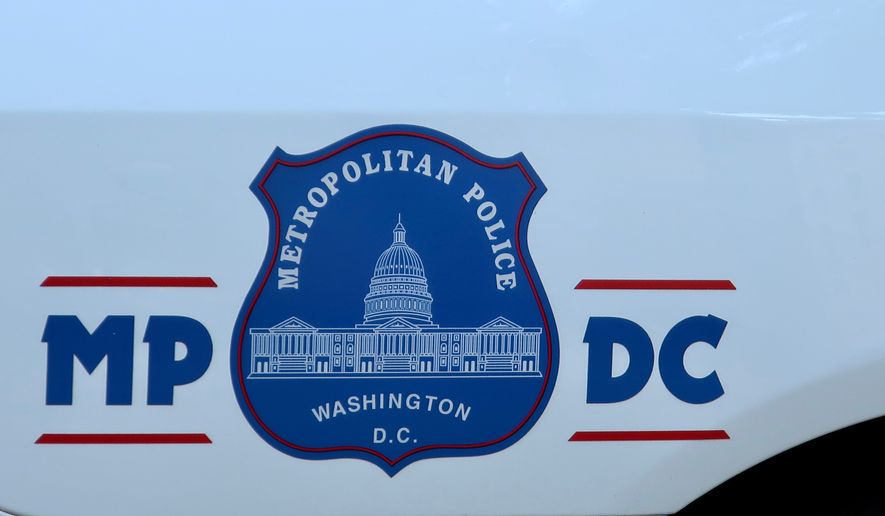The Republican-led House approved legislation on Wednesday that would give the president greater authority in choosing D.C. Superior Court judges and would relax pursuit restrictions for the Metropolitan Police Department, further overriding the District’s control over its criminal justice system.
The bills’ passage followed the House’s approval on Tuesday of legislation that seeks to lower the age at which juveniles can be charged as adults in the District and revoke the sentencing leniency that young adult convicts can receive in court.
The four proposals are part of a package of more than a dozen bills aiming to curtail public safety laws enacted in the District. House Democrats accused their Republican colleagues of being too eager to trample on the District’s autonomy, but the GOP members were unfazed.
“Another day on the House floor where the Republicans try to address the D.C. crime crisis with serious, sensitive solutions, and another day where the Democrats try to act like there’s no crime problem in Washington, D.C., and reverberate the symptoms of their Trump Derangement Syndrome,” said Rep. James Comer, Kentucky Republican and chairman of the House Oversight Committee, which oversees D.C. matters.
H.R. 5125, which addresses the selection of D.C. Superior Court judges, would remove the D.C. Judicial Nomination Commission and instead apply the process that federal judges undergo. That means the president would nominate a candidate with the advice and consent of the Senate. Current law allows the president to only choose Superior Court judges who are put forward by the city’s Judicial Nomination Commission.
Rep. Robert Garcia, California Democrat, said the bill would give President Trump the unique power of selecting municipal court judges, something that is often reserved for local elections in many parts of the country.
“There is no state in the United States, in our country, that allows the president to directly select local judges,” Mr. Garcia said. “This is an outrageous attempt to take away power from 700,000 residents and to hurt our independent judiciary system here in the District.”
Republicans acknowledged that a Democratic president would have the same authority.
The D.C. Superior Court currently has 11 vacancies. The open judgeships pose a major hindrance to prosecuting criminals, especially after Mr. Trump’s month-long crime emergency saw more than 2,300 people taken into custody.
H.R. 5143 would grant Metropolitan Police officers greater discretion when initiating pursuits. Current department policy allows officers to chase after suspects only if they’ve committed a violent crime or are an imminent threat to the public.
Rep. Clay Higgins, the Louisiana Republican who sponsored the bill, said D.C. police officers must consider a “complex matrix of 14 factors” before determining whether to give chase.
“In doing so, the D.C. Council essentially made it illegal for police to pursue and apprehend criminals,” Mr. Higgins said.
But Rep. Glenn Ivey, a Maryland Democrat who represents part of Prince George’s County, reflected on the dangers of giving police too much latitude in pursuits.
He cited a 2007 police chase on Interstate 495 that went awry and killed two innocent men on their way to a concert. Mr. Ivey, then the county’s top prosecutor, tried but failed to bring the officer to justice.
“So when we make these decisions about when a chase is permitted, or should be permitted or not, we need to keep in mind that there can be deadly consequences from when this happens, and it frequently occurs,” Mr. Ivey said.
Mayor Muriel Bowser, D.C. Council Chairman Phil Mendelson and D.C. Attorney General Brian Schwalb will testify Thursday before the House Oversight Committee about public safety concerns in the District.
• Matt Delaney can be reached at mdelaney@washingtontimes.com.




Please read our comment policy before commenting.